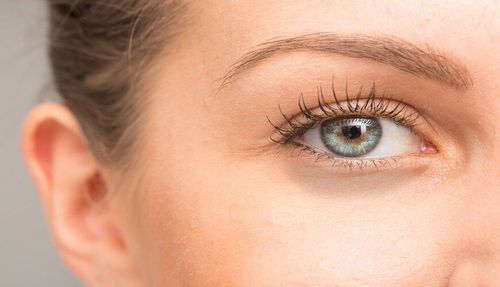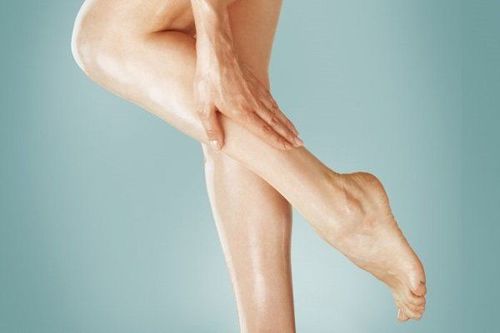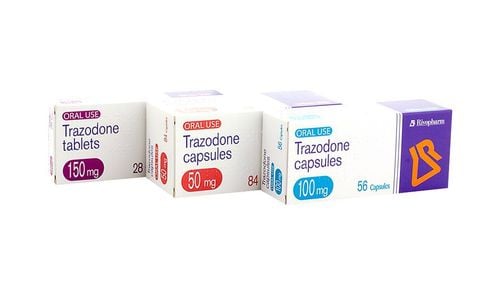According to the Centers for Disease Control and Prevention (CDC), adults need at least 7 hours of sleep per night. Children aged 6 to 12 years need 9 to 12 hours of sleep to maintain their health. However, a busy lifestyle and work commitments often prevent people from getting enough sleep. In fact, many individuals only manage to sleep for 2 hours a day. So, is sleeping 2 hours beneficial?
1. Is sleeping 2 hours good?
Sleep is when the body repairs tissues, replenishes hormones, and converts short-term memories into long-term ones. If you skip a night’s sleep, your neural functions and mood will significantly decline the next day. If your work requires frequent late night working and minimal rest, it is better to sleep for at least 2 hours rather than not sleeping at all.
According to the CDC, staying awake for 18 hours impairs mental function to a degree comparable to having a blood alcohol concentration (BAC) of 0.05%, and staying awake for 24 hours is equivalent to a BAC of 0.10%. Thus, the effects of staying awake are akin to being intoxicated.
During sleep, the body moves through four stages in a cycle lasting 90 minutes. Ideally, sleeping for at least 90 minutes allows the body to complete a full cycle. Studies have shown that sleeping for 90 to 110 minutes can reduce fatigue upon waking compared to shorter sleep durations, such as 60 minutes.
2. How does the sleep cycle work?
The four stages of sleep are divided into two categories: rapid eye movement (REM) and non-rapid eye movement (NREM). NREM accounts for about 75 to 80% of your total sleep.
- Stage 1 (NREM), also called N1, is the lightest phase of sleep and lasts about 1 to 5 minutes. During this stage, brain waves, breathing, and heart rate begin to slow down, and the muscles relax.
- Stage 2 (NREM), or N2, is when your body temperature decreases while your heart rate and breathing continue to slow. This stage lasts about 25 minutes during the first sleep cycle and becomes longer with each subsequent cycle.
- Stage 3 (NREM), also known as N3 or deep sleep, is when the body repairs itself and strengthens the immune system. Even loud noises may not wake you during this stage.
- Stage 4 (REM) is the sleep cycle where dreaming is most likely to occur, characterized by muscle paralysis and rapid eye movement. REM sleep typically begins about 90 minutes after falling asleep. Throughout the night, REM sleep lasts longer with each cycle.
3. The consequences of not sleeping at all
Sleepiness is regulated by two processes: the biological clock and sleep pressure. The biological clock is an internal mechanism that makes you feel sleepy at night and awake during the day. Sleep pressure is a sensation of fatigue that intensifies the longer you stay awake. If you don’t sleep, your sleepiness will worsen until your body eventually demands rest.
Compared to staying awake all night, sleeping for 1 to 2 hours can reduce sleep pressure and make you feel less fatigued in the morning. However, insufficient sleep poses several health risks, such as:
- Poor concentration
- Temporary memory impairment
- Mood swings, irritability, and quick temper
- Increased sensitivity to pain
- Higher stress levels
4. The harmful effects of sleep deprivation
Lack of sleep can negatively affect your judgment and cognitive abilities. Additionally, insufficient sleep reduces alertness in tasks that require high concentration, such as driving or operating dangerous machinery.
Experts state that regularly sleeping less than 6 hours increases the risk of drowsiness by 260% compared to consistently sleeping 7 to 9 hours. Drowsy driving accounts for approximately 1%–6% of traffic accidents. Moreover, prolonged sleep deprivation can have adverse effects on health, leading to several conditions such as:
Thus, sleeping only 2 hours does not provide significant health benefits but is better than not sleeping at all. Ideally, you should aim for at least 90 minutes of sleep. Sleeping for 90 to 110 minutes allows the body to complete a full sleep cycle, reducing feelings of restlessness upon waking.
To arrange an appointment, please call HOTLINE or make your reservation directly HERE. You may also download the MyVinmec app to schedule appointments faster and manage your reservations more conveniently.
Reference source: healthline.com
To arrange an appointment, please call HOTLINE or make your reservation directly HERE. You may also download the MyVinmec app to schedule appointments faster and manage your reservations more conveniently.








